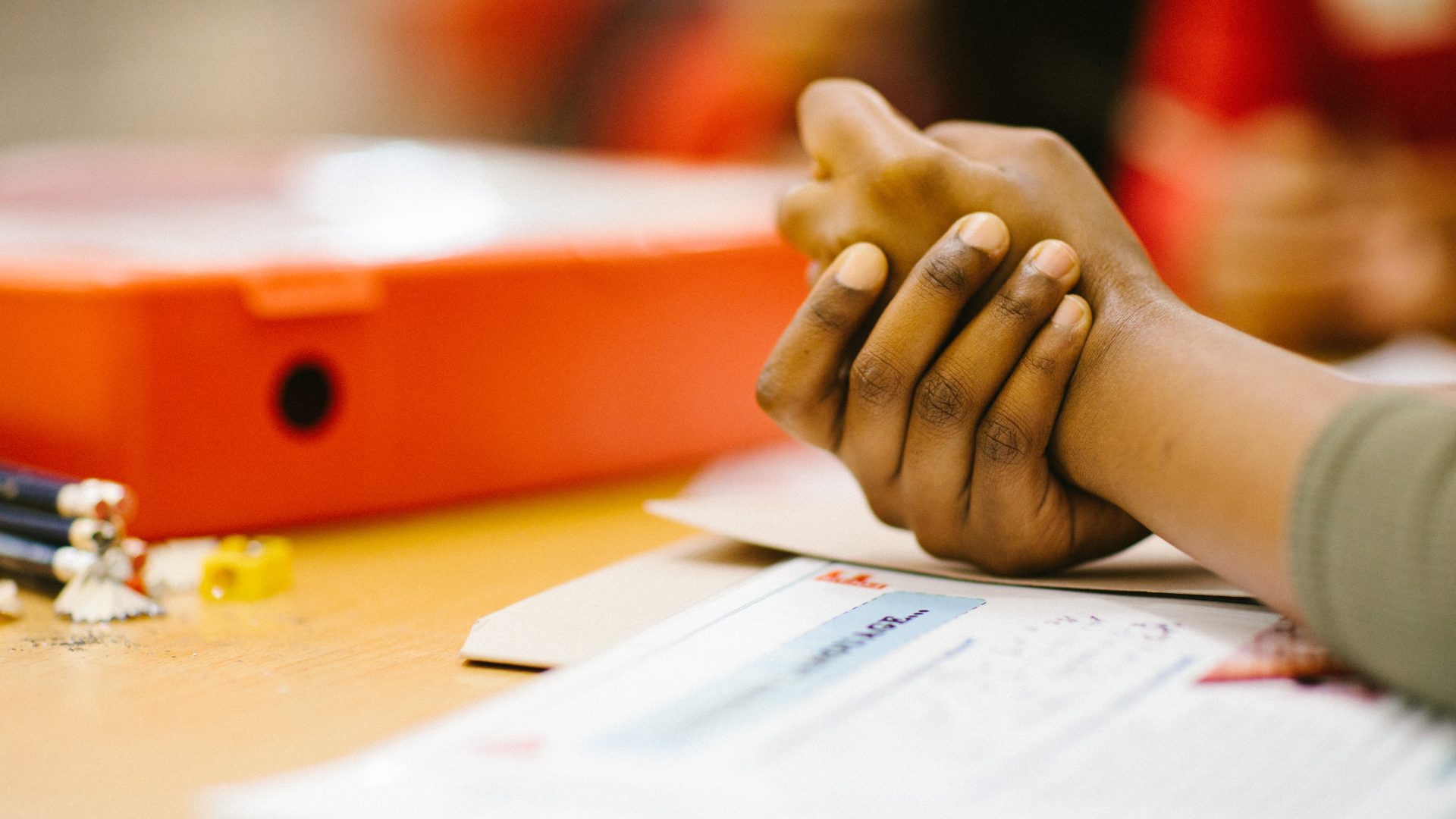The past few years have not been an easy ride for anyone. The COVID-19 pandemic came out of nowhere and affected us all in different ways. Its psychological, social, political and economic ramifications will undoubtedly continue to reveal themselves in the months and years to come.
But arguably the group that has been most affected, and for whom the implications of the pandemic are still most unclear, are the country’s school children. With young people back in school and a return to a degree of normality across the UK, the ongoing impacts of the pandemic on young people and their education, coupled with the pressures of the cost of living crisis, must not be underestimated. These issues have disproportionately affected young people who are already facing disadvantage, and what’s more, are now being exacerbated by the almost immediate cost of living crisis that has sadly emerged as the country attempts to move on from the struggles of COVID.
While there is a clear and understandable emphasis on post-pandemic learning recovery and academic attainment, it’s important we don’t sideline efforts to understand and tackle non-academic issues such as mental health and social skills.
A worrying trend
Figures from NHS Digital suggest that mental health concerns are a growing problem among UK teenagers. One in four teenagers aged 17-19 now have a mental health difficulty, an increase from one in six in 2021. Poverty and disadvantage continue to have significant links to the prevalence of mental health difficulties.
More than 29% of 7-16 year olds with a mental health difficulty lived in households whose income was reduced in the last year. Among 17-22 year olds, 15% reported living in a household that had experienced not being able to buy enough food or using a food bank in the past year. Just 2% of young people who were deemed unlikely to have a mental health difficulty reported experiencing similar circumstances. The impact of these mental health difficulties on academic performance is potentially huge, and could be particularly detrimental for young people who are already battling a variety of barriers to achieving their best.
Our approach
At IntoUniversity, we work with over 46,000 young people each year in our 39 centres across England and Scotland. We’ve placed a lot of focus since the beginning of the pandemic on how to both minimise the impact of learning loss on our students, and provide them with the wider pastoral support they need to navigate the psychological and social toll they may be experiencing.
In the early stages of the pandemic we developed a Learning Recovery approach and adapted our programmes and support to ensure the organisation was able to meet the challenges of the pandemic and its aftermath head on.
As an organisation, we’ve placed renewed focus on the wellbeing of our young people, adopting a trauma-informed lens to our existing teaching practices within our centres. Trauma-informed teaching embeds an understanding of how trauma can impact learning and behaviour, and encourages those of us working with young people to consider what their behaviour may be telling us about them, while at the same time aiming to adopt teaching practices which better support students who may be experiencing trauma. Delivery staff across our centres received training on this approach, which focused on the psychological impact that lockdowns, school closures and the uncertainties of the pandemic have had on young people’s wellbeing and their ability to learn.
Pastoral care is another key element of our interaction with students, who attend weekly academic support sessions during which they can build trusting relationships with staff. We encourage them to use the safe space of the centre to receive support with other challenges they may be facing, such as wellbeing or relational difficulties as well as their academic studies. Our centre teams also provide signposting to families who might need more specialist support, for example support with mental health, housing, finance or access to food banks.
Looking ahead, we are continuing to embed and support young people’s wellbeing and learning recovery through our programmes, and signpost them to other services where necessary. Our approach supports the whole child and, by building their resilience and metacognitive skills through our programmes, we are helping them develop their own ‘tool kit’ to use when faced with challenging situations.
Recognising we’re not the experts
While we’ve of course made numerous adaptations to ensure we are recognising the impact the pandemic has had on the mental health of our young people, we’ve been mindful to stay grounded and remind ourselves that we are not mental health experts. The potential severity and complexity of the difficulties young people may be facing requires us not only to be prepared to tackle some very challenging issues, but also to acknowledge the limitations of our expertise.
As we move forward, as a sector and as a society, those working with young people will have to adapt and develop more understanding of the mental health toll of the past few years and build strategies to tackle them accordingly. Raising attainment is essential to tackling educational inequalities, but any efforts that do not put mental health and wellbeing at the heart seem likely to fail.

